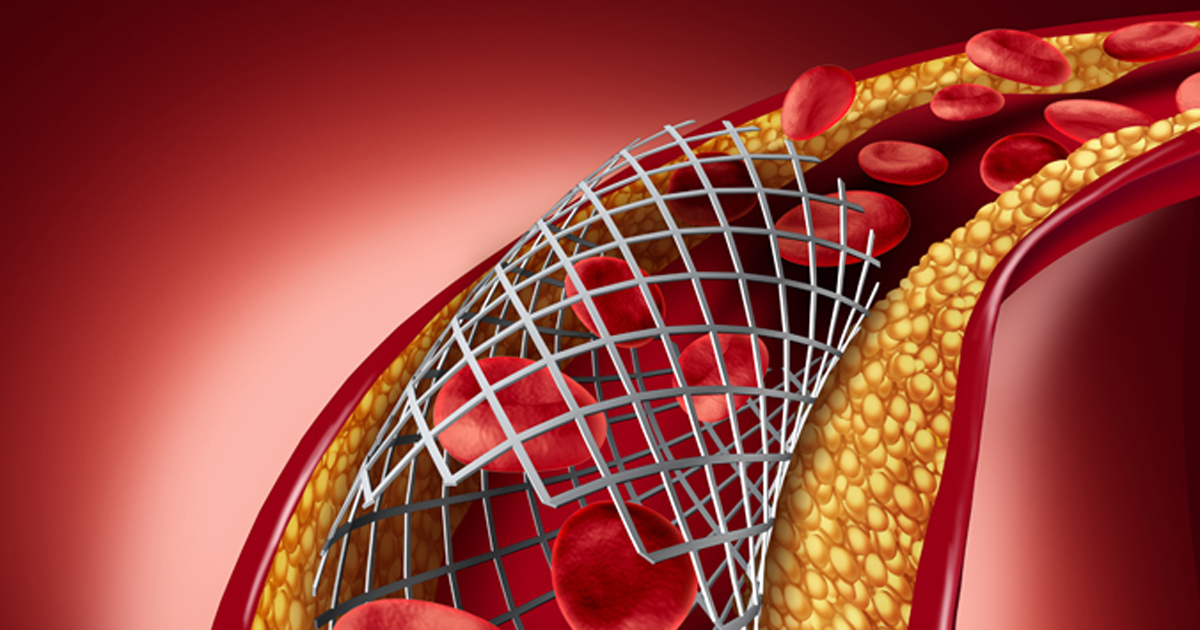Disclosures: Spirito acquired a analysis grant from the Swiss Nationwide Science Basis. Please see the examine for all different authors’ related monetary disclosures.
Save
Prognosis after PCI affected by interplay of persistent kidney illness, diabetes in ladies
By Scott Buzby Reality checked by Richard Smith Supply/Disclosures Revealed by: Disclosures: Spirito acquired a analysis grant from the Swiss Nationwide Science Basis. Please see the examine for all different authors’ related monetary disclosures. ADD TOPIC TO EMAIL ALERTS Obtain an e-mail when new articles are posted on . Please present your e-mail deal with to obtain an e-mail when new articles are posted on Subscribe ADDED TO EMAIL ALERTS You’ve got efficiently added to your alerts. You’ll obtain an e-mail when new content material is revealed.
Click on Right here to Handle E-mail Alerts You’ve got efficiently added to your alerts. You’ll obtain an e-mail when new content material is revealed.
Click on Right here to Handle E-mail Alerts
Again to Healio We have been unable to course of your request. Please strive once more later. If you happen to proceed to have this situation please contact customerservice@slackinc.com.
Again to Healio
Key takeaways:
The three-year prognosis after drug-eluting stent implantation is affected by presence of CKD and/or diabetes.
The mixture was tied to elevated danger for all-cause dying, MI and stent thrombosis after PCI.
Concomitant persistent kidney illness and diabetes was prognostic of all-cause dying and MI inside 3 years amongst ladies present process drug-eluting stent implantation, in keeping with new information.
The Girls in Innovation and Drug-Eluting Stents (WIN-DES) database consists of pooled patient-level information of ladies who underwent PCI from 26 randomized trials and is used to each assess sex-specific DES findings and deal with underrepresentation of ladies in medical trials, in keeping with the examine revealed in EuroIntervention.
The three-year prognosis after drug-eluting stent implantation is affected by presence of CKD and/or diabetes.
Picture: Adobe Inventory
“Power kidney illness (CKD) and diabetes mellitus are two frequent comorbid situations in sufferers present process PCI and are related to elevated morbidity and mortality, particularly when each are current,” Alessandro Spirito, MD, heart specialist and analysis fellow on the Zena and Michael A. Wiener Cardiovascular Institute, Icahn Faculty of Drugs at Mount Sinai, and colleagues wrote. “Girls present process PCI maintain poorer medical outcomes than males, because of their older age and the next burden of comorbidities, together with CKD and diabetes. Prior research assessing how the presence of diabetes and CKD have an effect on cardiovascular outcomes in ladies present process PCI have thought of the prognostic impression of those situations individually and never together.”
Spirito and colleagues utilized the WIN-DES database to judge the impression of CKD — outlined as creatine clearance lower than 60 mL per minute — and/or diabetes on prognosis amongst 4,269 ladies after implantation of a DES (imply age, 68 years).
Impact of CKD/diabetes on PCI outcomes
Within the cohort, 42.7% of ladies had neither CKD nor diabetes; 22.9% had CKD alone; 23% had diabetes alone; and 11.4% had each CKD and diabetes.
The first final result was a composite of all-cause dying or MI at 3-year follow-up.
In contrast with ladies with neither CKD nor diabetes, danger for all-cause dying or MI after PCI was not considerably higher amongst these with CKD alone (adjusted HR = 1.19; 95% CI, 0.88-1.61) or with diabetes alone (aHR = 1.27; 95% CI, 0.94-1.7); nonetheless, danger was greater than twofold amongst ladies with each CKD and diabetes (aHR = 2.64; 95% CI, 1.95-3.56; P for interplay < .001). Concomitant CKD and diabetes was related to elevated danger for all secondary outcomes, together with particular person elements of the first final result in addition to cardiac dying, particular or possible stent thrombosis and goal lesion revascularization. CKD alone and diabetes alone have been every related to elevated danger for all-cause dying and cardiac dying after PCI, however no different secondary outcomes. Traits of ladies with CKD plus diabetes Girls with CKD have been on common 10 years older in contrast with ladies with out CKD and had decrease BMI and better creatinine values no matter diabetes standing, in keeping with the examine. Moreover, ladies with CKD and/or diabetes have been extra prone to have hypertension, hypercholesterolemia, established CAD, multivessel illness, kind B2 or C lesions or lesions with average or extreme calcification and higher whole stent size implanted in contrast with ladies wither neither CKD nor diabetes (P for all < .01). “In combination, our observations counsel that though diabetes and CKD are interrelated and share frequent pathophysiological mechanisms that result in accelerated atherosclerosis and enhanced blood thrombogenicity, diabetes alone would possibly induce a sooner development of CAD and be a stronger danger issue for stent-related issues than CKD alone,” the researchers wrote. “Optimum medical remedy along with percutaneous or — particularly in diabetic sufferers with prolonged CAD — surgical coronary revascularization have been demonstrated to lower morbidity and mortality associated to CAD, no matter concomitant diabetes or CKD. “Our examine offers useful insights on how the prognosis of ladies present process PCI is affected by the interplay between diabetes and CKD and highlights the utility of stratifying ladies in keeping with these two comorbidities for decision-making on remedy and additional administration,” the researchers wrote.
